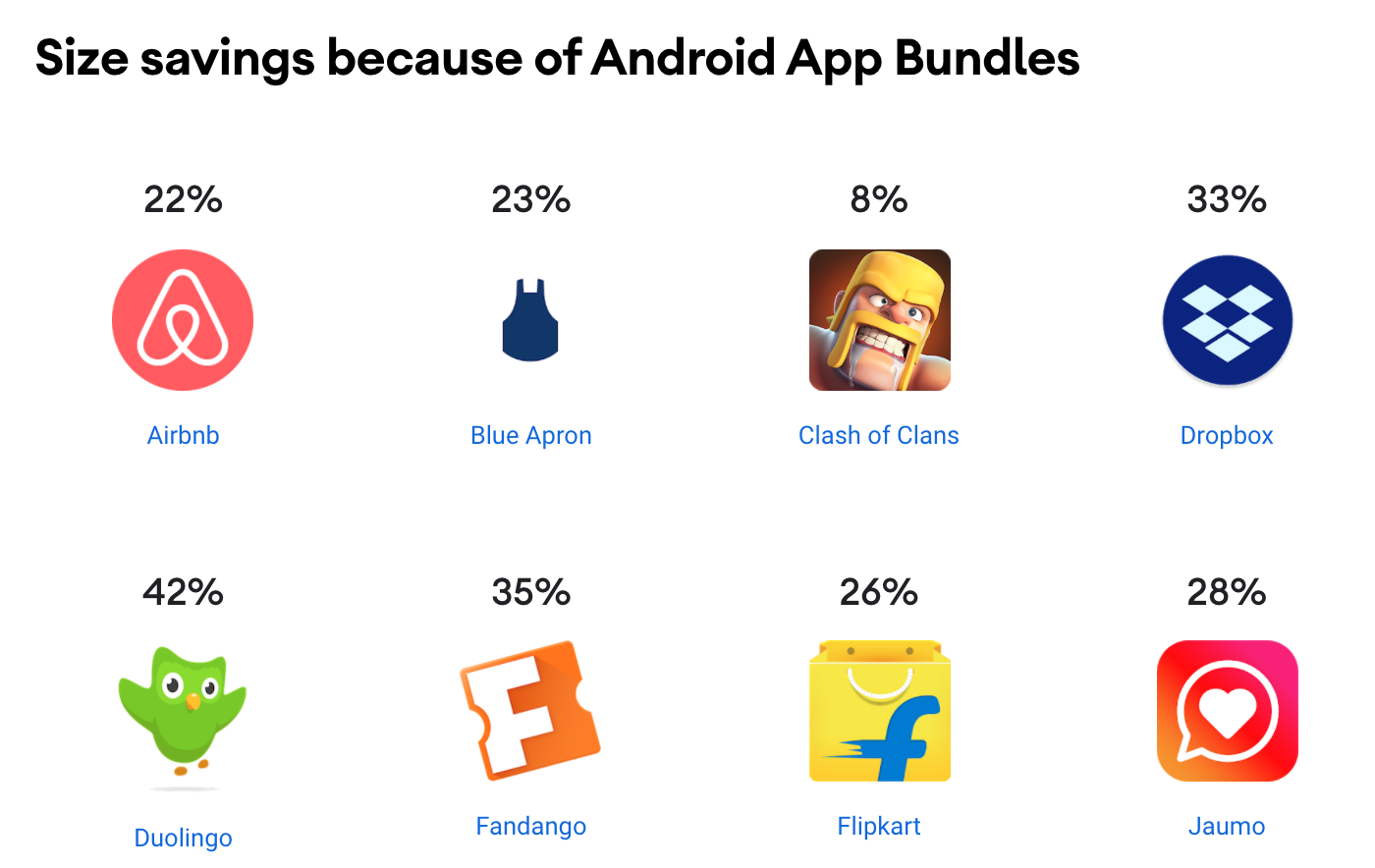The Huge Android Ecosystem Is Backed By APK Files, But Google Wants To Kill It And Replace It With Something android app bundle (AAB). The search giant first talked about AAB in 2018. Now, Google has announced that Google Play will be required to publish new apps with the Android app bundle from August 2021. For the new app starting August 2021, there will be AAB. Change the APK to be the standard publishing format.
Google has clarified that the AAB standard only applies to new Android apps, adding that “existing apps are currently exempt.” While this may sound like a relief to developers, it goes without saying that it is only a matter of time before all Androids — old and new — will have to comply with the app bundle requirement.
How is Android App Bundle better than standard APK?
Ever since Google launched the Android App Bundle in 2018, major app developers have been working on it. So, what is the basic difference between Android app bundle and APK files? With the Android app bundle your phone gets codes that are supported by your phone and will be used by you. This will lead to smaller sized apps and more importantly, it will help Google save money on bandwidth.
Given the range of hardware and languages available for Android OEMs, app developers need to provide support for each of them. For example, Android comes with support for over 100 languages, along with various CPU architectures such as ARM v7, ARMv8 Intel x86, and various screen resolutions. Now, an app developer needs to bundle support for this huge range of combinations into one APK app. This means that every app you download to your phone has a lot of unnecessary code resulting in bigger apps and consuming more storage space.
While this may not be a problem for most smartphones with a good internet connection, people using low-end Android phones may find it a sluggish experience.
With the Android App Bundle (AAB), Google will use the “Split APK” and the Google Play store will roll out the exact required APK for your device and will not provide anything extra. If your device is based on ARMv8 CPU architecture, with AAB Google will only provide packages for ARM v8 when downloading a particular app, not the entire APK file with support for ARMv7, ARMv8 and Intel x86 architectures.

The Android App Bundle is more about Google and less about you
There is no doubt that replacing the APK format with the AAB standard will give Google more control when it comes to regulating Android. AAB is open source but a non-Google app store should have the ability to process apps on the cloud and distribute them to end users accordingly. For Google, that’s easy because it has its own “BundleTools” open source app to help with the process, but a third-party app store will have to set up its own cloud infrastructure and pay for servers and app signing. also have to be dealt with. Signing in ensures that only the actual publisher of the Android app gets to provide updates to the app and not any other random developer. It also ensures that financial data is not leaked from the app.
In simple words, instead of the developers, it is the App Store that will decide which APK file gets downloaded on which phone. More importantly, the App Store must also host developer app signing for each app. Google is doing this through “Play App Signing”, where the Google app will “securely” store the signing key.
“The Play App Signing app bundle is required to protect your app signing key from damage by using Google’s secure infrastructure and provides the option to upgrade to a new, cryptographically strong app signing key,” Google said. tells.
What could go wrong?
For Google Play Store, app bundles may work fine. But it is like giving too much responsibility to third party app store. With the App Store having access to the signing key, there is always the risk of rogue players or the government forcing the App Store owner to replace a particular app. Google is fighting this concern by offering a feature called “code transparency” that will let developers check that users are getting what they want to provide. But for non-Google app stores, this uncertainty is always there.
For Google, this means a lot. With the app bundle, Google is expected to save petabytes of bandwidth every day. But for end users, they look at maximum storage savings of 15%. So, with app bundles, instead of 100MB apps, it will be reduced to 85MB. This might not mean much to the end user but to developers it would mean giving Google a lot of control.
.